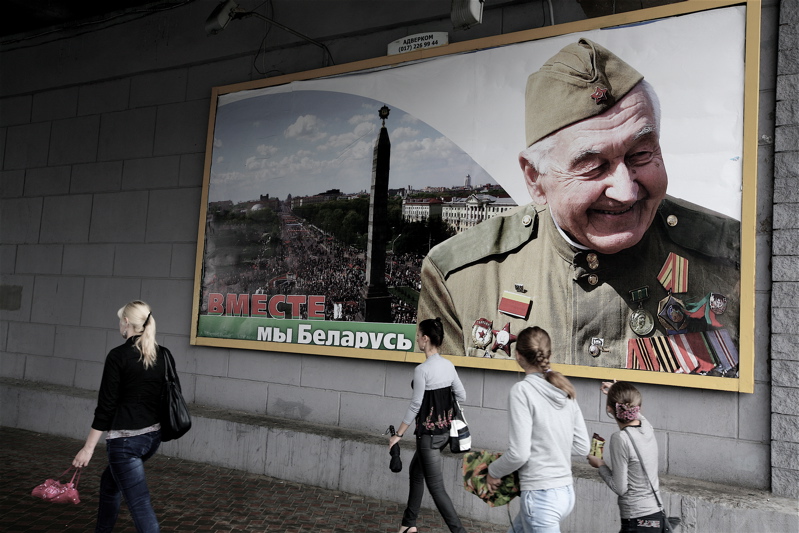
Twenty years have passed since the Soviet Union collapsed, and Belarus still hasn't gotten the message. The Kansas-sized country on Russia's western border remains a Soviet-style dictatorship: Elections are rigged, the media is muzzled and opposition figures are routinely jailed, beaten or worse. State control is total.
That Belarus now stands in such sharp contrast with its formerly communist European neighbors is a testament to the will of its president, Aleksandr Lukashenko, a former collective farm manager who deals in the politics of fear. Since he became president in 1994, Lukashenko has relied on cheap Russian gas and oil subsidies to expand the power and profits of his hermetic regime—at the expense of political reform and human rights.
Yet there are legacies of the Soviet period that preceded him, none more deeply felt than the Chernobyl nuclear disaster in Ukraine. Often overlooked is the fact that most of the toxic fallout drifted into Belarus, with grim long-term consequences. And whereas Ukraine has opened up its borders and learned to manage the disaster's fallout with outside help, the gloom in Belarus has never lifted.
Today, the country's social and political woes are compounded by a gathering economic crisis that has everyone on edge. Massive inflation and restrictions on basic goods are testing the commitment of even Lukashenko's ardent supporters, who have traded democracy for stability. A rising number of protesters are taking to the street, including an irreverent new generation that is using social media tools to organize and express themselves.
With pressures building and no clear solution in sight, these small cracks in the system are poised to widen. Jason Motlagh travels to Belarus for a closer look at the intersection of past and present in a place that is little known to the outside world, and hard to access from within.



